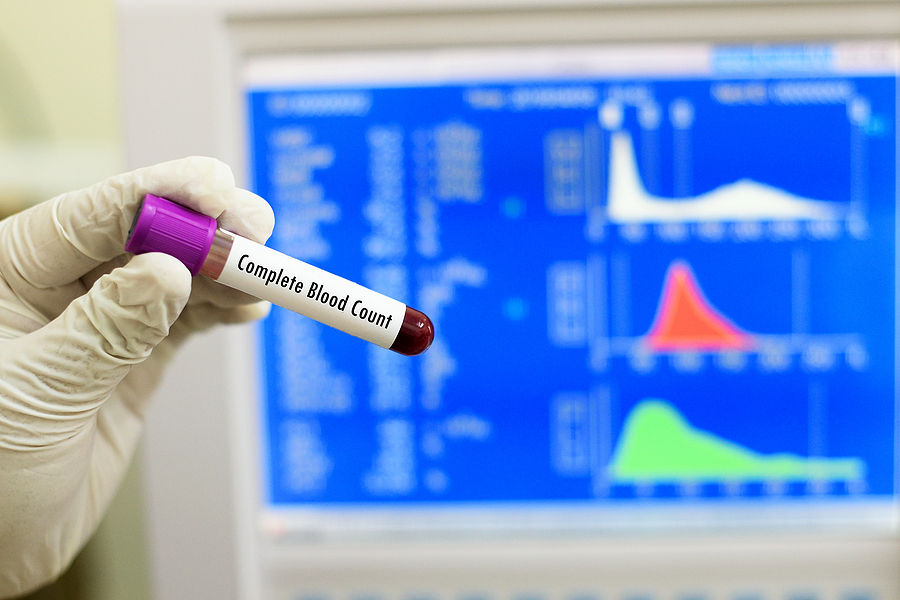Could A Blood Test Help Doctors Diagnose Dementia Earlier?
- Sarah
- Jul 11, 2025
- 2 min read
From testing for sexually transmitted diseases to finding potential early markers for disease or even checking for the use or misuse of certain types of drugs, a series of blood tests undertaken at a specialist pharmacy can provide a complete picture of a person’s health, both now and in the future.
There are a lot of reasons why you may need blood tests, but it is increasingly common for blood tests to be done to check for early signs of a disease, if there is a potential predisposition which means it is more or less likely that someone will need treatment in the future.
A general rule of medicine is that prevention is better than cure, and early interventions tend to be less intrusive, more effective and allow more avenues for treatment.
This is particularly true with Alzheimer’s disease, the most common cause of dementia which very slowly progresses over time. Early intervention is both very important and very difficult because it is easy to mistake some early symptoms as simply a byproduct of age.
However, findings from a study undertaken by the University of Turku in Finland suggest that a routine blood test could help identify people with dementia decades before they experience symptoms.
Dementia In The Blood
Alzheimer’s disease typically progresses very slowly, which means that a lot of the early signs and stages of dementia are still being researched and studied.
A research paper published in The Lancet aimed to explore the biomarkers related to Alzheimer’s and see how early they demonstrably emerge.
Using data from the Young Finns Study, a huge multigenerational study that explores potential heart disease risks that develop from childhood to adulthood, the study found that beta-amyloid biomarkers that are associated with dementia could be found in blood samples using newly developed tests and equipment.
They also confirmed a few theories about potential risk factors for Alzheimer’s, finding that age, certain genetic factors and kidney disease are linked to higher levels of biomarkers in the blood.
Could This Change Dementia Treatments?
The promise of a blood test for dementia is a major hope for doctors and researchers, because it allows for an easy, routine test to be carried out that can help doctors slow down, minimise and manage symptoms before they start to appear.
As is seen with other routine screening tests such as smear tests, a simple, quick, low-cost test can help target treatments, ensure that any risk is managed as quickly as possible and potentially avoid the degenerative effects of dementia from affecting someone’s quality of life.
Alzheimer’s is typically confirmed following symptoms using samples of cerebral fluid or complex imaging studies. Both of these are expensive, time-consuming and involved, meaning that they are typically only undertaken if there is a strong belief that someone has dementia.
The researchers have pointed out, as a caveat, that more research needs to be undertaken to establish standard reference points for diagnosing Alzheimer’s with any degree of reliability.
However, if that happens, it could become the case that Alzheimer’s is treated earlier and with a focus on prevention only made possible through blood tests.
.png)



Comments